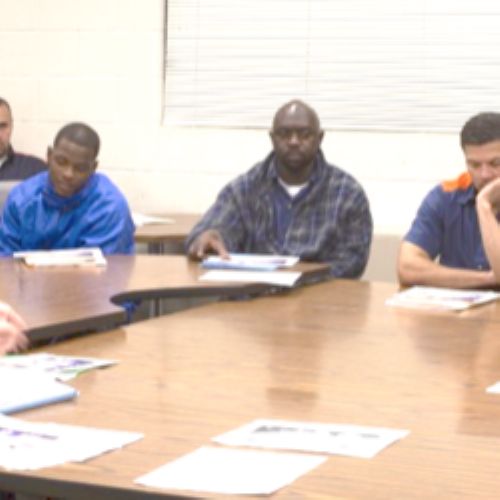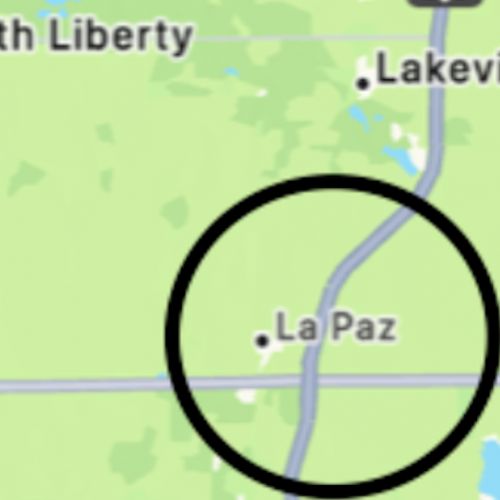 “Forgiveness Saved My Life"
“Forgiveness Saved My Life"
It takes twenty-four sessions over six months, but peeling off the pain of a lifetime takes a while. Forgiveness Therapy does that. Think about it: A prison is a loud and edgy place. There is usually a powerful clique, just like high school, but much more dangerous. It is also a place filled with pain, regret, and unresolved trauma for many inmates. The cycle of violence and abuse may be the reason a person is incarcerated in the first place, but studies have shown that forgiveness training has changed lives. Could it help inmates to break free from their past traumas and heal from within? Robert Enright at the University of Wisconsin’s Psychology Department was intrigued by the concept, and working with Tomaz Erzar from the Theology Department in Ljubljana, Slovenia, they set out to test the hypothesis.
Outside of incarceration, they knew that unjust treatment from others can lead to debilitating inner pain and anger strong enough to compromise a person’s mental health. They also knew that Forgiveness Therapy had statistically been proven to eliminate excessive anger associated with unjust treatment in the past. Knowing that prisons are a holding pen for a high percentage of people who have dealt with trauma and unresolved issues, the population seemed to be the perfect test for this kind of intervention.
The gist of the therapy begins with asking the client to examine the injustices he or she has suffered in the past. Clients then are encouraged to feel a period of anger and reflection. Over the weeks of one-hour sessions, they then are taught about how forgiveness works—as they learn that forgiving someone is really a gift to yourself much more than the other person. Later, they are asked to “do the work of forgiveness.” They expand the story of the offending person, realizing that person too may have suffered at the hand of another. The inmates share their stories and develop a broader view of situations that caused them pain.
As the weeks pass, they realize and deal with the fact that they can’t go back and reverse what happened to them, but they find they can bear the pain, share the pain, and let it go, understanding that they are stronger than they thought they were. The clients begin to see themselves not as people constantly on the defense but as conduits for good.
Writing from a prison in Wisconsin, an anonymous inmate said, “I am in prison for life. I have tried many different mental health counseling programs 'ad nauseam.' But entering the forgiveness therapy group was the best decision of my life." He said, “This was the only program that ever asked me, 'What happened to you to make you the way you are?' Everyone in the group had stories to tell about how they had been used, abused, or misused by people they trusted. Some of us wanted to give up because the stories were too hard to hear. But we became like a family and created a safe place to deal with our anger and resentment and helped us heal."
In studies, Forgiveness Therapy has shown reductions in recidivism, reduced negative behavior within facilities, and many who were moved from maximum security to medium security because of vastly changed attitudes due to the healing produced when the open sore of trauma had finally been treated, bandaged, and healed.
Nancy








